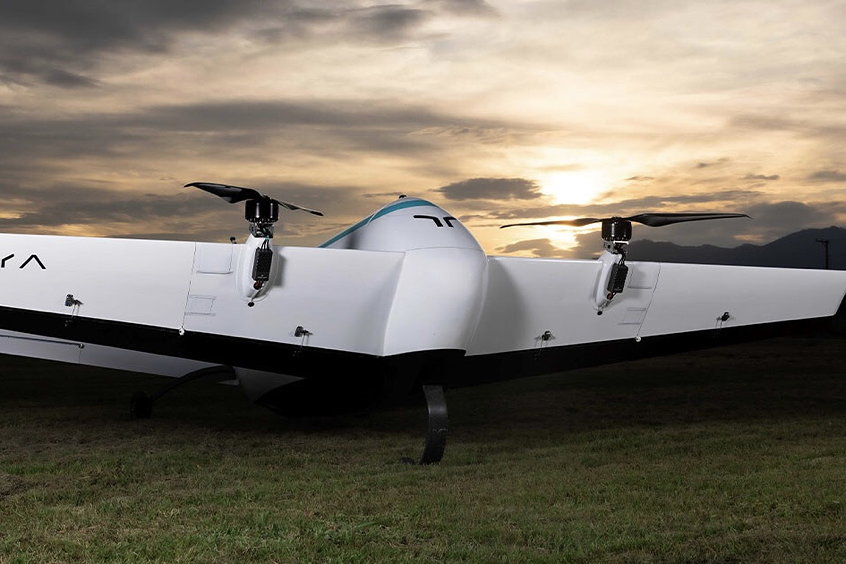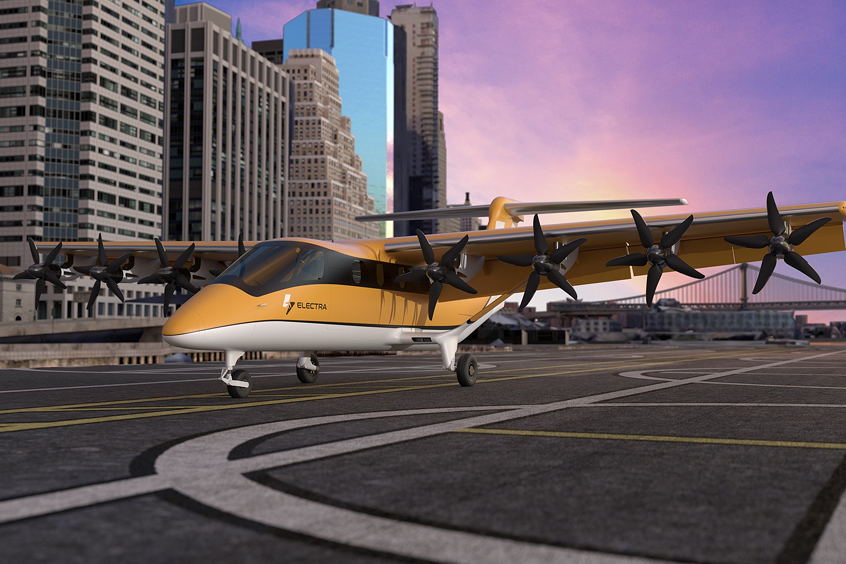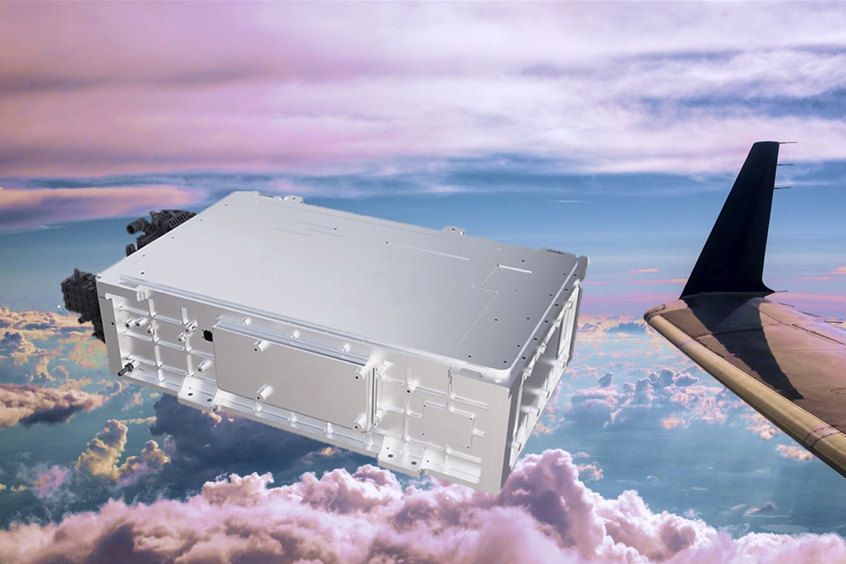Honda is developing an eVTOL aircraft that will eventually support intercity transportation within a mobility ecosystem that connects it to ground-based transportation. The eVTOL will be a safe and simple structure with a decentralised propulsive system that emits little noise thanks to the relatively small diameter of its rotors. But the company acknowledges that current limitations of battery capacity restrict use initially to shorter, intra-city hops.
The development forms part of what Honda calls its commitment to contributing to the realisation of a society with zero environmental impact and zero traffic collisions; its 2030 Vision. How to achieve that? In addition to research on advanced environmental and safety technologies, Honda R&D says it is looking to expand the potential of mobility into, ultimately, outer space. In the meantime, on the back of the development of the HondaJet and of its broader experience in combustion, electrification, control and robotics, the company is looking to achieve longer range through the development of a gas turbine hybrid power unit.
Talking of meeting challenges in new areas, president and representative director Keiji Ohtsu comments: "Our underlying passion to use our technology to make people's lives more enjoyable remains unchanged. Through the creation of new mobility, Honda will continue striving to change the value people place on mobility and make positive changes to our society.”
| Contact details from our directory: | |
| Honda Aircraft Company | Airframer |
| Related aircraft programs: |
| Honda eVTOL |
Weekly news by email:
See the latest Bulletin, and sign up free‑of‑charge for future editions.

Altair collaborates with aerospace startup Moya Aero to develop eVTOLs

Electra reveals design for EL9 hybrid-electric aircraft
Piper Aircraft achieves AS9100 certification
